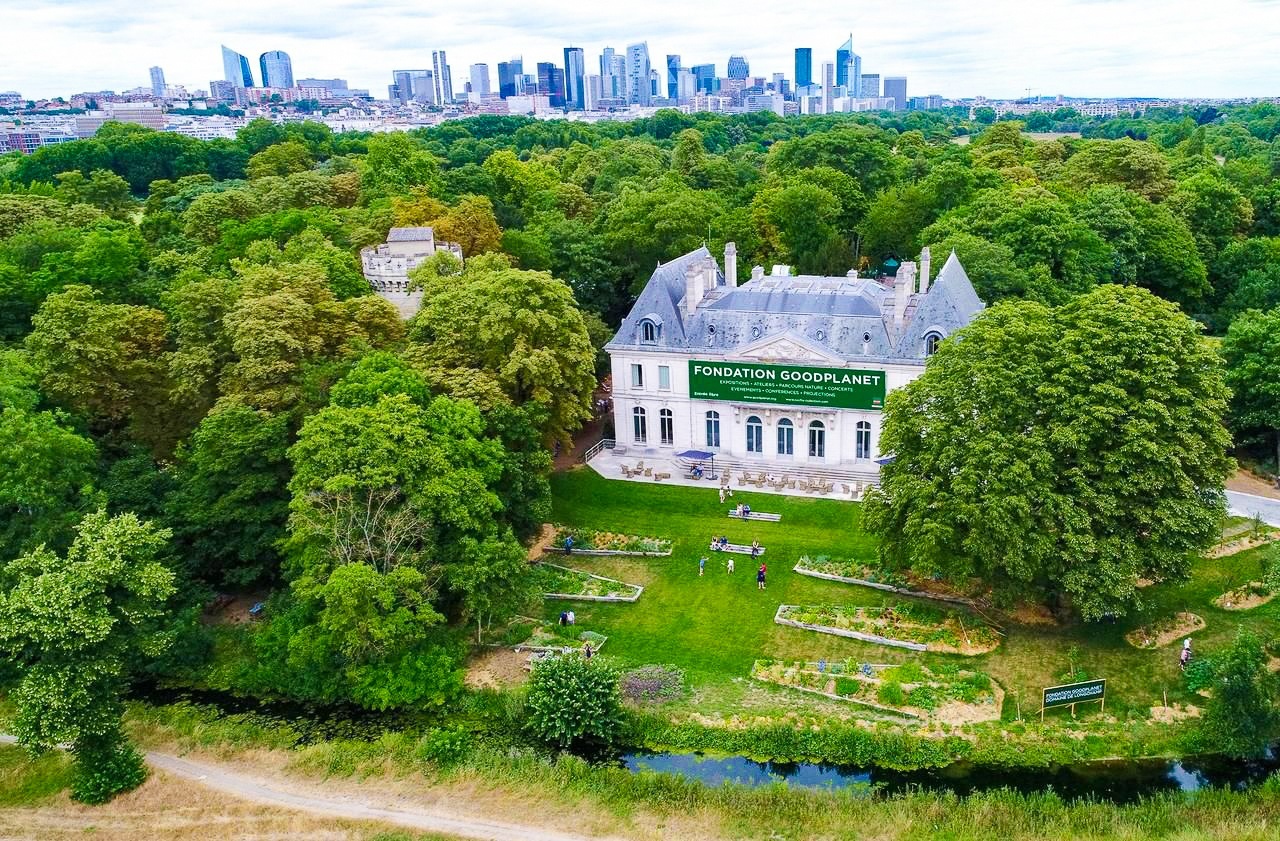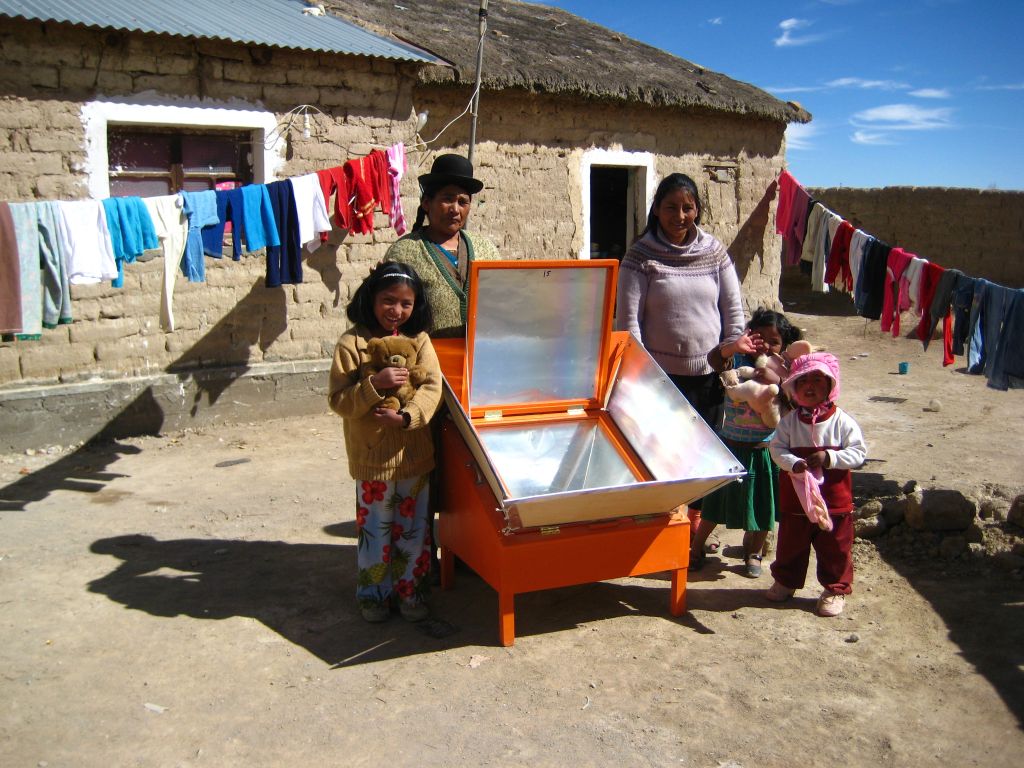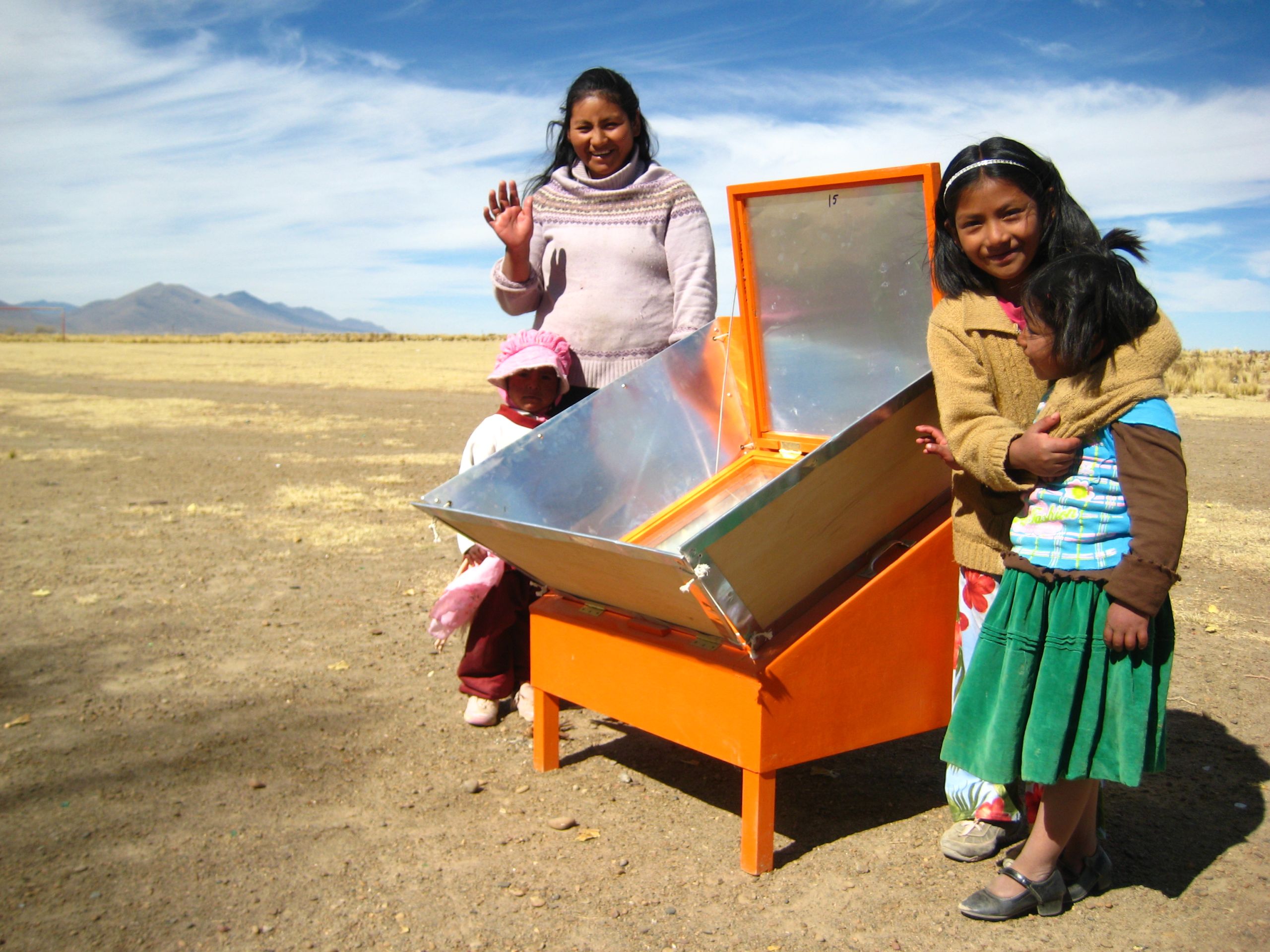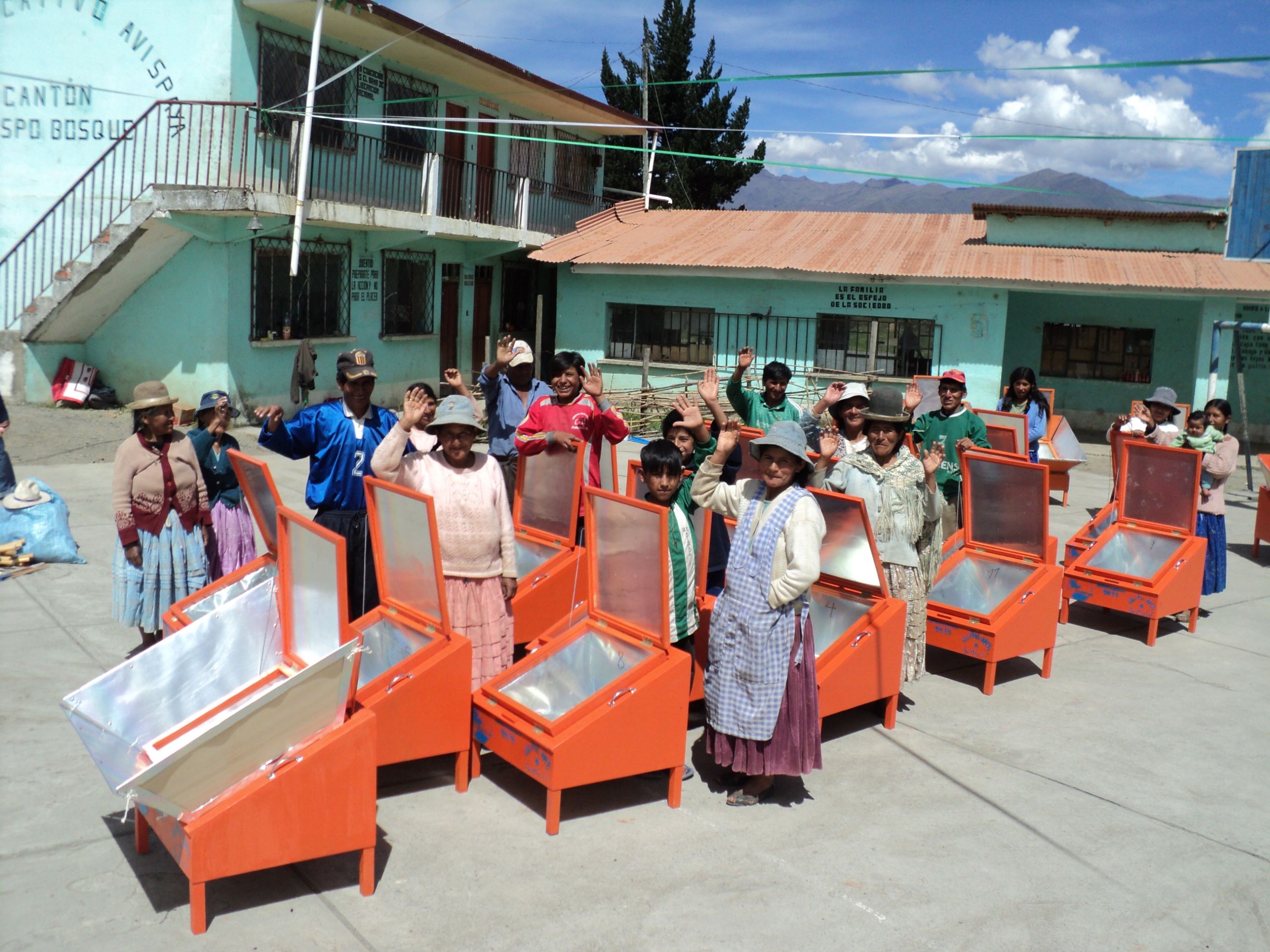
OUR CARBON OFFSET PROGRAM
At Marcel, we contribute to the carbon neutrality of the CO2 emissions generated during your journeys throughout all our ranges.
What does “contributing to carbon neutrality” actually mean?

When you travel by car, you emit CO2.
By travelling with Marcel, we are doing everything we can to reduce these emissions: As a pioneer on this issue, we have been committed to the electric transition since 2018: today, 60% of our drivers out of three are equipped with a 100% electric or hybrid vehicle, and all our drivers are trained in energy-efficient driving. The result: in 2019, we managed to reduce CO2 emissions by 20% per km travelled.
Nevertheless, there are still emissions that we cannot avoid: these are residual emissions. This is where offsetting comes into play.
Every year, we establish the carbon footprint of our activity, i.e. we calculate all the CO2 emissions linked to the journeys made by our customers.
Our next step is to meet Yann Arthus Bertrand and his teams from the GoodPlanet Foundation.
Together, we choose to finance a CO2 reduction project that has a positive impact on the planet and its inhabitants.
The concept is simple: every tonne of CO2 emitted by Marcel’s passenger vehicle with driver journeys is “offset” by 1 tonne of CO2 avoided through the project that is financed.
Which positive impact project are we supporting?
In 2019, we contributed to the construction and maintenance of a biodigester in the state of Karnataka in India.
Now that the project has been completed thanks to our funding and that of the Foundation’s other partners, we’ve made our way to the other side of the planet (without emitting any CO2!) with Yann to Peru and Bolivia.

Project context

In the Andes, cooking is mainly done over a wood fire, gas or dried dung.
But for many of the families, gas is very expensive and wood is the main option, which leads to the considerable clearing of woodlands. In addition, the use of fire wood has serious health repercussions when combined with the absence of ventilation in homes. Every year, indoor air pollution is responsible for four million deaths worldwide, i.e. one death every eight seconds (source: WHO, 2002).
The widespread use of solar cookers will reduce the impact on Andean forests and guarantee access to a clean, sustainable resource.
Project impacts

- Improving the quality of life of rural populations by reducing the time needed to collect wood while improving the sanitary conditions of homes.
- Contributing to the fight against climate change by reducing deforestation and the use of fossil fuels.
ENVIRONMENTAL IMPACTS | SOCIO-ECONOMIC IMPACTS |
|
|
|
|
|
|
